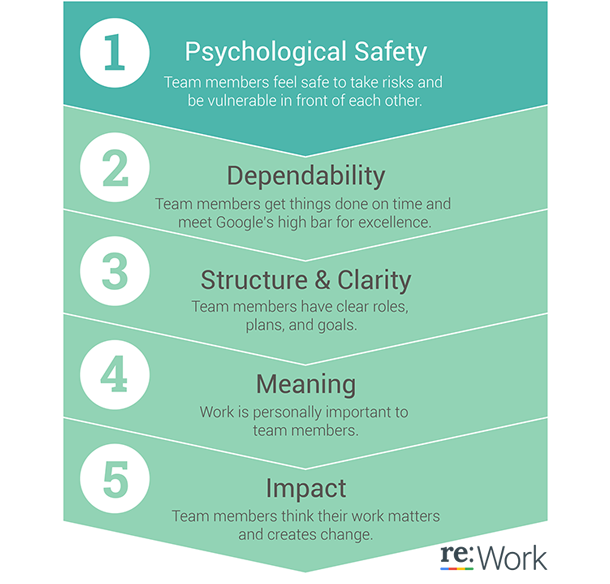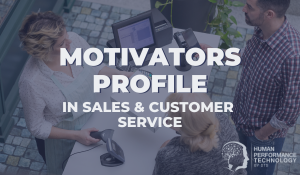The Perfect Team According to Google Researchers
This article summarises the findings of “Project Aristotle”, in which Google researchers studied what made a team effective at Google. The researchers found that “what really mattered was less about who was on the team, and more about how the team worked together.”
Introduction and Background
Following on from their extensive research to understand what makes the perfect boss (see Project Oxygen), Google completed the next instalment in the series by cracking the code to the perfect team.
Codenamed “Project Aristotle,” in honour of the Greek philosopher, who said “the whole is greater than the sum of its parts,” Google researchers looked at a range of quantitative and qualitative data over several years to determine the most important elements that make an effective team. (Note: The research is focused on life at Google specifically, but it provides transferable lessons for teams in other companies and industries.)
Dynamics of Effective Teams
- The researchers measured team effectiveness in four ways:
- Executive evaluation of the team
- Team leader evaluation of the team
- Team member evaluation of the team
- Sales performance against quarterly quota.
With all of this data, the team ran over 35 different statistical models on hundreds of variables to identify the team factors that:
- impacted multiple outcome metrics, both qualitative and quantitative
- surfaced for different kinds of teams across the organisation
- showed consistent, robust statistical significance.
The researchers found that what really mattered was less about who is on the team, and more about how the team worked together. The results are summarised in the following Google graphic in order of importance.

Of the five key dynamics of effective teams that the researchers identified, psychological safety was by far the most important.
In Google’s research, the term psychological safety was defined as “an individual’s perception of the consequences of taking an interpersonal risk or a belief that a team is safe for risk taking in the face of being seen as ignorant, incompetent, negative or disruptive. In a team with high psychological safety, teammates feel safe to take risks around their team members. They feel confident that no one on the team will embarrass or punish anyone else for admitting a mistake, asking a question or offering a new idea.”
An introduction to psychological safety and how to measure it in teams are helpful resources to understand the concept further. We now offer the PS25 tool that measures psychological safety, then meaningfully links the data to your business metrics and key performance indicators. If you’re interested in learning more (no commitment required), please register your interest.
References
re:Work with Google. Guide: Understand team effectiveness. www.rework.withgoogle.com.
Charles Duhigg, New York Times. What Google Learned From Its Quest to Build the Perfect Team. February 25, 2016.
Note: This blog post was originally shared in September 2016, and it was refreshed and republished in November 2020 with up to date information and context.

Theo Winter
Client Services Manager, Writer & Researcher. Theo is one of the youngest professionals in the world to earn an accreditation in TTI Success Insight's suite of psychometric assessments. For more than a decade, he worked with hundreds of HR, L&D and OD professionals and consultants to improve engagement, performance and emotional intelligence of leaders and their teams. He authored the book "40 Must-Know Business Models for People Leaders."



We Would Like to Hear From You (1 Comment)